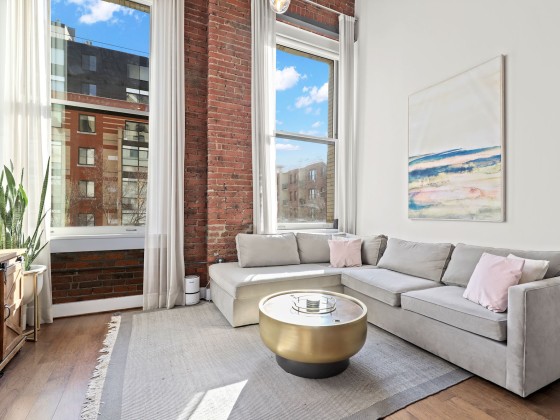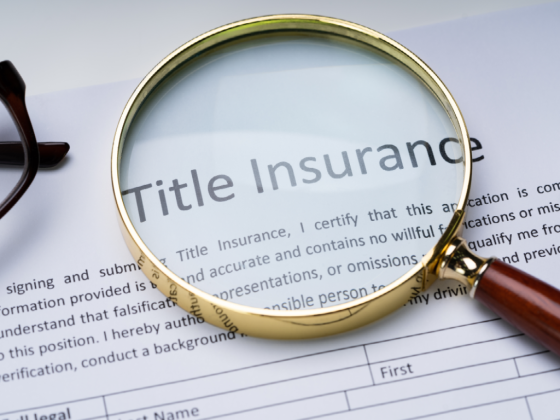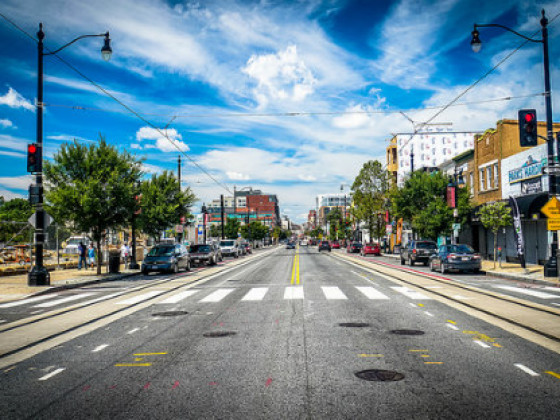 The Real Deal with LEED Certfication
The Real Deal with LEED Certfication
✉️ Want to forward this article? Click here.
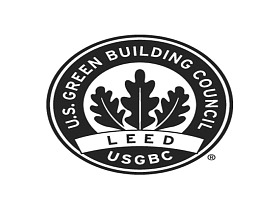
With green building becoming a standard in residential development, consumers are finding it necessary to quickly familiarize themselves with the LEED rating and what it actually means for them in the long run.
LEED stands for Leadership in Energy and Environmental Design and was developed by the U.S. Green Building Council in 2000. The system essentially provides a rating of a home’s energy efficiency. LEED has the largest recognition among the energy and environmental design ratings programs, which also include Energy Star and EarthCraft.
It is important to note that green building is really about the process of integrated design, and that LEED is just one of many tools which helps define how one building compares to another.
When LEED-accredited professionals go about defining a project, there are essentially five measured criteria that must be considered:
- Site selection/development and incorporation of sustainability measures
- Water efficiency
- Energy efficiency/renewable energy use
- The reduction/reuse/recycling of building materials
- Enhanced IAQ (indoor air quality)
Points are awarded for each of the above criteria, and the sum of all the points determines the project’s LEED certification, either Certified (the lowest), Silver, Gold or Platinum (the highest). The ratings are based on the following scale:
- 26-32 points — LEED Certified
- 33-38 Points — LEED Silver
- 39-51 Points — LEED Gold
- 52-69 points — LEED Platinum
While LEED certification provides a good general score of a building’s efficiency, it does not necessarily indicate that the building is optimized to its fullest capacity. Innovation in green real estate development is constant, and new techniques are being introduced that are not yet incorporated as LEED criteria. For example, smart homes that allow iPhone and PDA users to monitor how their home is operating whether they are next door or 50 miles away are becoming increasingly popular.
LEED is really just a starting point for the future of green real estate as almost half of greenhouse emissions in the U.S. still come from buildings. Combine this with the fact that real estate development is a competitive industry where a LEED rating provides the perfect way for a developer to differentiate a building and attract consumers, and it is clear that this system will continue to be popular for years to come.
Similar Posts:
- Unique Spaces: The DC Area’s First Net Zero Home
- Five Green Features to Keep an Eye Out for When House Hunting
- Payback on Your Green Home Investment
- The Right Contractor for Your Green Renovations
Green DC Realty’s Michael Kiefer is the author of this piece. Please direct any questions to Mike at Michael@greenDCrealty.com.
See other articles related to: dclofts, green real estate dc, leed
This article originally published at http://dc.urbanturf.production.logicbrush.com/articles/blog/the_real_deal_with_leed_certfication/1634.
Most Popular... This Week • Last 30 Days • Ever

While homeowners must typically appeal by April 1st, new owners can also appeal.... read »
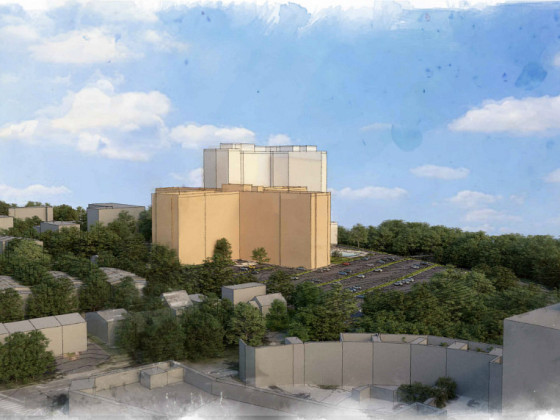
A significant infill development is taking shape in Arlington, where Caruthers Proper... read »
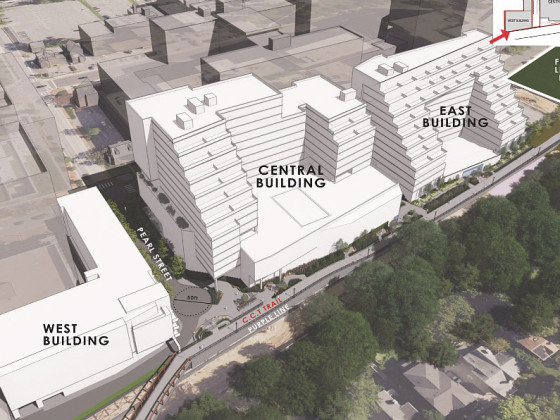
A new mixed-use development would bring hundreds of new residential units and a healt... read »
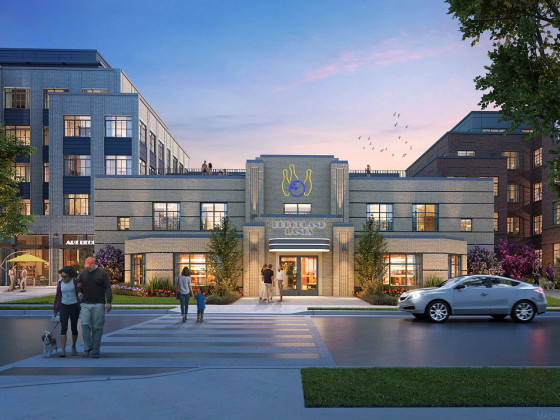
A residential conversion in Brookland that will include reimagining a former bowling ... read »
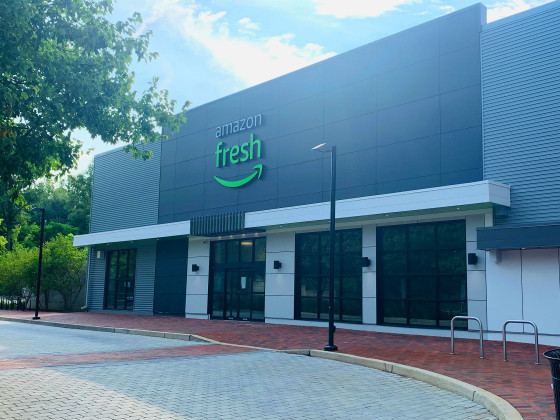
After years of experimenting with its branded brick-and-mortar grocery concepts, Amaz... read »
DC Real Estate Guides
Short guides to navigating the DC-area real estate market
We've collected all our helpful guides for buying, selling and renting in and around Washington, DC in one place. Start browsing below!
First-Timer Primers
Intro guides for first-time home buyers
Unique Spaces
Awesome and unusual real estate from across the DC Metro





